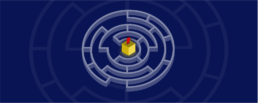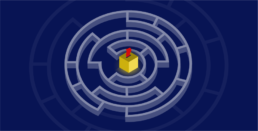

In Africa, the threat of false news continues to persist online and offline. Digital citizens with access to the internet put their trust in friends and family found on chat apps and social media platforms. Media practitioners are susceptible to falling victim to viral WhatsApp forwards, blog posts, and information at the borderline of fact and fiction. The line between false alarms, contentious claims, and misinformation is a thin one when citizen journalism is active.
The spectrum of false news breaks down broadly to include:
- Misinformation: False information that is spread, regardless of whether there is intent to mislead.
- Disinformation: Deliberately misleading or biased information; manipulated narrative or facts; propaganda.
In 2021, StopReflectVerify.com, Africa’s first False News Quiz, tackled misinformation on Covid-19. This year, we are shifting our focus towards governance and elections. Throughout the election season, misinformation and disinformation have been on the rise. This quiz helps Kenyans gain the media literacy they need to spot and prevent the spread of fake news.
The website and campaign StopReflectVerify.com was conceptualised and delivered in collaboration with the US Embassy in Kenya in April 2018. Heralded as Africa’s first false news quiz, the website was developed by digital media researcher and strategist Mark Kaigwa with the support of the US Embassy.

